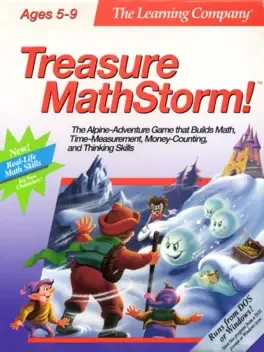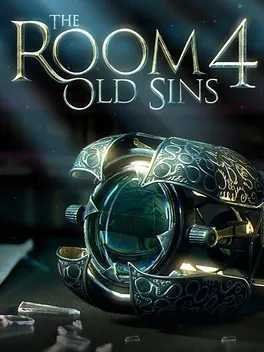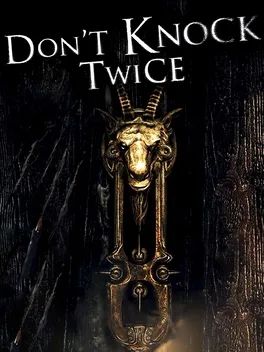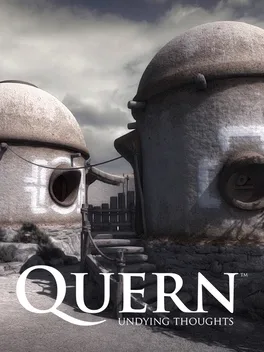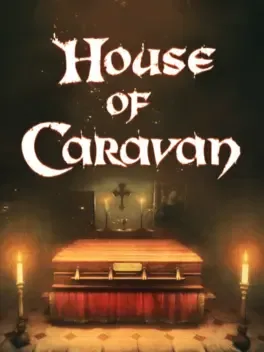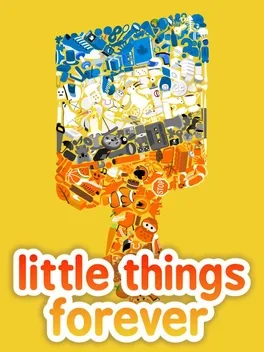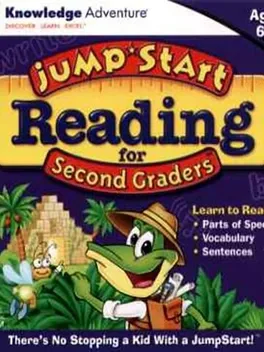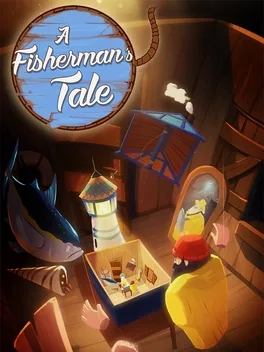Treasure MathStorm!
31 Dec 1992
All releases
31 Dec 1992 - DOS
31 Dec 1994 - PC (Microsoft Windows)
31 Dec 1994 - Mac
Tags
A sequel to Treasure Mountain! that focuses on basic mathematical concepts. The game takes place in a magical realm called Treasure Mountain. As the game opens, the Master of Mischief, the common antagonist to the Super Seekers games, uses a weather machine to freeze the mountain in snow and ice and scatters the castle's treasures all over the mountain. The player takes on the role of the Super Seeker, whose job is to find the scattered treasures and return them to the castle's treasure chest in order to thaw out the mountain. The mountain itself consists of three levels. The player cannot climb higher until he has gathered the supplies, like ice axes, ladders, or catapult parts, useful for scaling the mountain. To obtain these items, the players must help out the local inhabitants complete math-related tasks such as adjusting clocks to a given time, balancing scales, and counting crystals. In order to find treasures, the player must place a specific amount of snowballs at a certain location. To find out how many snowballs are needed, the player must catch an elf carrying a scroll. If he answers the riddle correctly, he will be told how to find treasures on that particular level. Once the player reaches the top of the castle on the highest level of the mountain, he deposits all treasures found into the castle's treasure chest and is given a prize as a reward for completing the three stages. This prize is kept on display in the player's clubhouse, showing how many times he has ascended the mountain. These prizes are usually children's toys, such as flutes or toy trains. From this point, the player may exit the clubhouse and start again from the bottom of the mountain. At higher ranks, the game becomes more difficult, as there will be more treasures to find, harder riddles to answer, and snowbullies that steal money.
